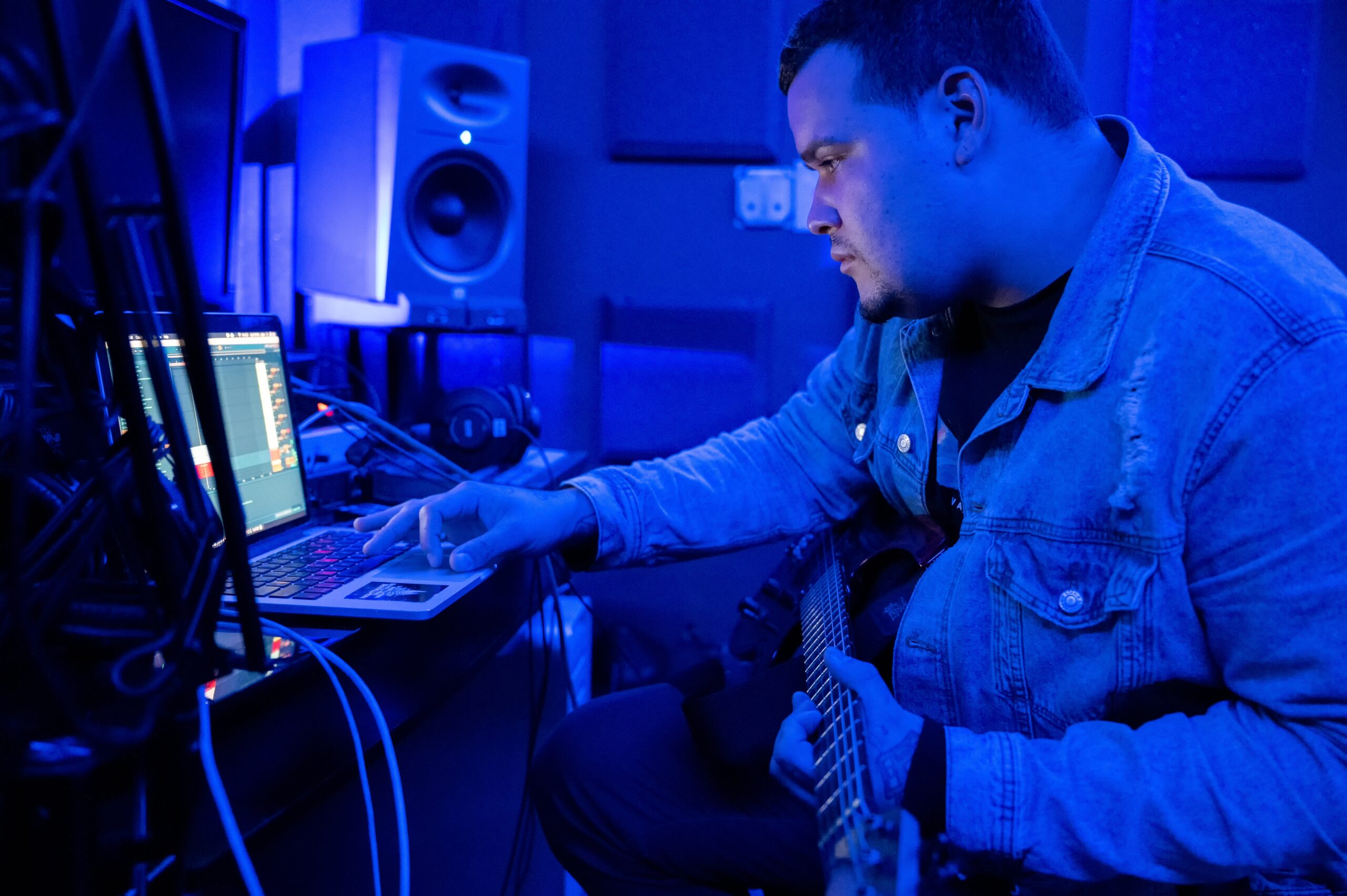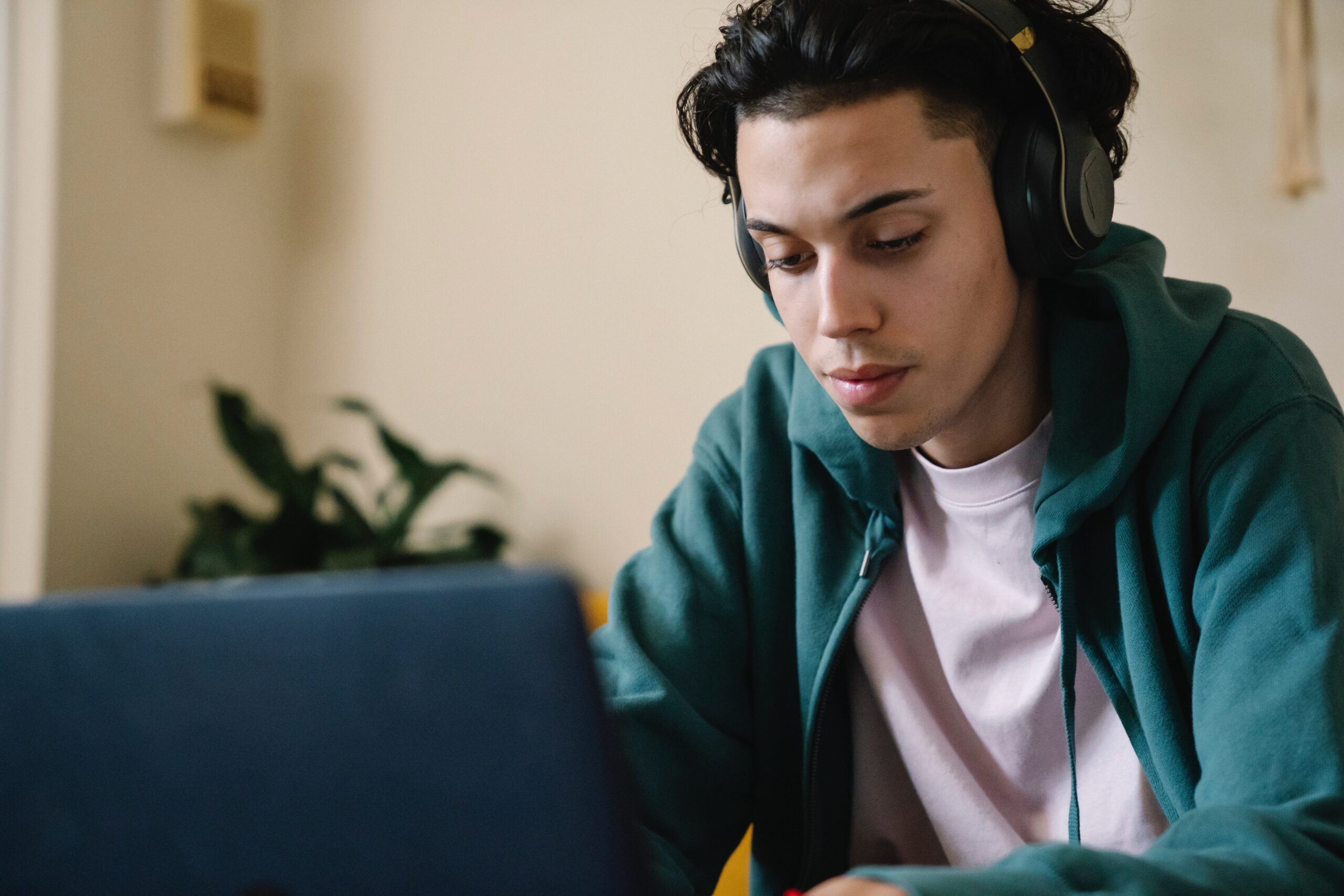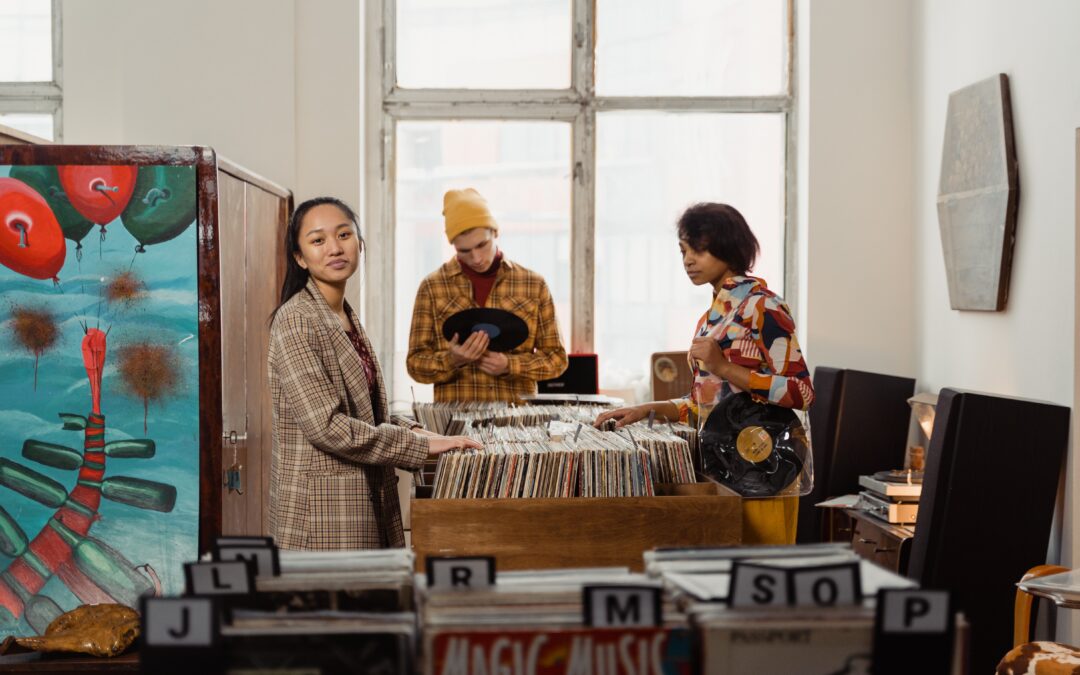I. Introduction
In recent years, independent music has experienced a renaissance. Artists like Chance the Rapper, Macklemore, and Billie Eilish have achieved massive success without the backing of major record labels.
Their stories serve as inspiring examples of what independent artists can accomplish through talent, hard work, and effective promotion.
In a world where millions of songs are released every day, simply creating great music isn’t enough. You need to ensure that your music reaches the right audience and stands out amidst the noise. This is where music promotion comes into play. It’s the bridge that connects your artistry to your potential fans.
In this blog post, we’ll delve into the various aspects of promoting your music as an independent artist. From crafting your unique sound to utilizing streaming platforms and building a strong online presence, we’ll cover everything you need to know to get your music noticed.
II. Crafting Your Unique Sound
Defining Your Musical Identity
One of the first steps in your music career is defining your unique sound. The legendary David Bowie once said, “I’m just an individual who doesn’t feel that I need to have somebody qualify my work in any particular way. I’m working for me.” Your music should be a reflection of your individuality, your experiences, and your emotions. Find your voice and embrace it.
The Significance of Authenticity
Ed Sheeran, a singer-songwriter who rose to fame independently, emphasized the importance of authenticity: “Be yourself. Embrace your quirks and flaws. They’re what make you unique.” Authenticity is a magnet for fans. When your music is genuine and resonates with your audience on a personal level, it creates a lasting connection.
Honing Your Craft Through Practice
Practice, practice, practice. The Beatles, who started out playing small gigs in Liverpool, became one of the greatest bands in history through relentless practice and dedication. Regardless of your genre, constant improvement is essential. Attend workshops, collaborate with fellow musicians, and never stop learning.
III. Building a Strong Online Presence
Creating a Professional Website
Your website is your digital home base. It’s where fans, journalists, and industry professionals will come to learn more about you. Adele, a global superstar, maintains a simple yet effective website that showcases her music and provides updates to her fans.
Leveraging Social Media Platforms
Platforms like Instagram, Twitter, and TikTok have become invaluable tools for musicians. Taylor Swift is known for her engaging social media presence, where she connects with her fans and shares behind-the-scenes glimpses of her life. Regular posts, stories, and interactions can help you build a dedicated fanbase.
Engaging with Your Audience Online
Responding to comments and messages, hosting live Q&A sessions, and involving your fans in decision-making processes can create a sense of community. Billie Eilish’s interactions with her fans on social media have contributed to her immense success.

IV. Quality Music Production
Investing in Professional Recording and Mixing
The quality of your music production can make or break your career. Adele’s album “21” was a massive hit, partly due to its impeccable production. Don’t cut corners when it comes to recording and mixing. It’s an investment that pays off.
The Role of Music Production in Promotion
Justin Bieber, discovered on YouTube, used high-quality production to grab the industry’s attention. Well-produced music not only sounds better but also makes a stronger impression on listeners and music professionals alike.
Collaborations and Networking
Collaborating with other musicians can introduce your music to new audiences. Consider how Daft Punk’s collaboration with Pharrell Williams on “Get Lucky” introduced them to a wider fanbase, even after years of success in the electronic music scene.
V. Utilizing Streaming Platforms
Uploading Music to Streaming Services
Streaming services like Spotify, Apple Music, and SoundCloud offer unprecedented exposure. Chance the Rapper’s decision to release his mixtape “Coloring Book” exclusively on Apple Music for two weeks before making it available on other platforms was a strategic move that garnered significant attention.
Optimizing Your Streaming Profiles
Your profile on streaming platforms is your digital storefront. Use eye-catching artwork and write compelling artist bios. Additionally, Spotify’s “Artist’s Pick” feature allows you to showcase your favorite tracks, playlists, or upcoming gigs.
Playlist Placement and Pitching
Getting your music on popular playlists can dramatically boost your streams. Coldplay’s “Fix You” gained renewed popularity after being featured on multiple Spotify playlists, including “This Is Coldplay.” Use tools like SubmitHub to pitch your music to playlist curators.
VI. Music Videos and Visual Content
The Impact of Music Videos
Music videos can turn a good song into a viral sensation. Psy’s “Gangnam Style” became a global phenomenon largely due to its quirky music video. Think creatively and invest in visually captivating videos that complement your music.
DIY Video Production Tips
If you’re on a budget, don’t be discouraged. Many successful artists started with DIY music videos. Take inspiration from OK Go’s iconic treadmill video for “Here It Goes Again.” With creativity, you can make a big impact.
Promoting Videos on YouTube and Social Media
Share your videos on platforms like YouTube and Instagram, and engage with your audience through comments and live chats. Additionally, consider collaborations with YouTubers or influencers to reach new audiences.
VII. Live Performances and Gigging
Building Your Live Performance Skills
Live performances offer a unique connection with your fans. Practice, stage presence, and audience engagement are key. Beyoncé’s electrifying Super Bowl halftime show is an example of a live performance that left a lasting impression.
Booking Gigs and Shows
Start small and gradually work your way up. Local venues, open mic nights, and smaller festivals are great starting points. Ed Sheeran’s humble beginnings as a street performer eventually led to sold-out arena tours.
Engaging with Your Live Audience
Make your live performances memorable. Connect with your audience on a personal level, share stories behind your songs, and encourage audience participation. This is how artists like Adele create unforgettable moments on stage.
VIII. Networking and Collaborations
Connecting with Other Artists and Industry Professionals
Networking is a crucial part of the music industry. Attend industry events, join online forums, and build relationships with fellow artists and industry professionals. Kendrick Lamar’s collaborations with renowned producers like Dr. Dre propelled his career.
The Benefits of Collaboration
Collaborations can introduce your music to new audiences and open doors to opportunities you might not have had otherwise. The “Despacito” remix with Justin Bieber, for example, exposed Luis Fonsi to global audience.
Building a Supportive Community*
As an independent artist, your support network means a lot when trying to promote your music. Connect with local musicians, join or create music collectives, and participate in songwriter circles. These connections can provide valuable guidance, feedback, and emotional support throughout your journey.
Checkout: The Future of Music Festivals in a Post-Pandemic World
IX. Email Marketing and Newsletters
The Power of Email Marketing
Email marketing remains a potent tool to promote your music. Taylor Swift, known for her strong fan engagement, regularly sends newsletters to her subscribers with exclusive updates and content. Building a mailing list allows you to communicate directly with your most dedicated fans.
Building and Maintaining a Mailing List
Encourage fans to subscribe to your mailing list through your website and social media. Offer incentives like exclusive music downloads, early access to tickets, or behind-the-scenes content. Be consistent in sending newsletters but avoid overwhelming your subscribers.
Crafting Effective Newsletters
Your newsletters should provide value to your subscribers. Share personal stories, insights into your creative process, and updates about upcoming releases and shows. Consider segmenting your list to deliver tailored content to different groups of fans based on their interests.
X. Crowdfunding and Fan Support
Fundraising for Your Music Projects
Crowdfunding platforms like Kickstarter and Patreon offer artists the opportunity to fund their music projects with the support of their fans. Amanda Palmer, a successful independent musician, famously raised over $1 million on Kickstarter to fund her album and tour.
Connecting with Your Fan Base
Crowdfunding is not just about raising funds; it’s about building a deeper connection with your fans. Involve your backers in your creative process, offer exclusive rewards, and show your appreciation for their support. Transparency is key.
Offering Exclusive Rewards
Consider offering unique rewards to your backers, such as personalized songs, private concerts, or limited-edition merchandise. These incentives can encourage more fans to support your projects and feel like an integral part of your journey.

XI. Measuring Success and Adaptation
Define clear goals for your music career. Whether it’s reaching a certain number of monthly listeners on Spotify or selling out a local venue, having measurable objectives will guide your efforts.
Utilize analytics tools available on platforms like social media, streaming services, and your website to monitor your progress. Analyze which strategies are working and which aren’t, and adjust your promotion plan accordingly.
The music industry is dynamic, and what works today may not work tomorrow. Stay adaptable and open to change. Taylor Swift, for example, famously pivoted from country to pop music, demonstrating the importance of evolving with the industry.
Checkout: The Benefits of Attending Music Production Conferences and Events
XII. Conclusion
Promoting your music as an independent artist is a multifaceted journey that requires dedication, creativity, and resilience. To recap some of the key takeaways:
- Define your unique sound and stay authentic.
- Build a strong online presence and engage with your audience.
- Invest in high-quality music production.
- Leverage streaming platforms and playlist placement.
- Create captivating music videos and visual content.
- Cultivate your live performance skills.
- Network, collaborate, and build a supportive community.
- Utilize email marketing and newsletters.
- Explore crowdfunding and fan support.
- Set clear goals, track your progress, and adapt your strategies.
Remember that success in the music industry often takes time and perseverance. Even established artists faced challenges and setbacks on their path to stardom. Stay true to your passion, continue refining your craft, and keep pushing forward. As Billie Eilish once said, “You don’t have to be special to be special.”
Your journey as an independent artist is ongoing. Embrace the learning experiences, celebrate your victories, and use setbacks as opportunities for growth. Keep experimenting, evolving, and promoting your music, and who knows where your talent and dedication will take you in the world of music.






